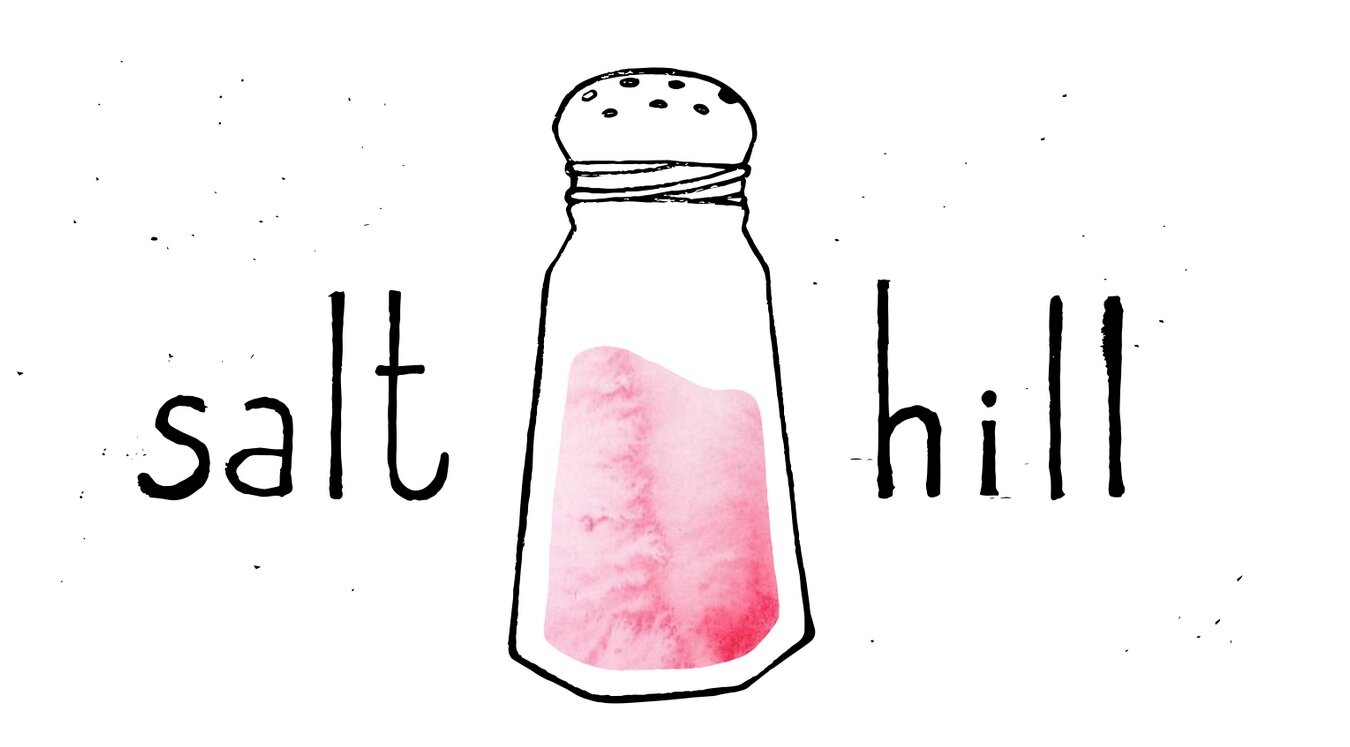Violent delights: A review of Nana Kwame Adjei-Brenyah’s CHAIN-GANG ALL-STARS
CHAIN-GANG All-STARS BY Nana Kwame Adjei-brenyah — Pantheon books, 2023
fiction / 384 pages / $27.00
reviewed by Erica Frederick
Way back when Nana Kwame Adjei-Brenyah’s debut short story collection, Friday Black, came out, I was left tattered and torn by that very first story, “The Finkelstein Five.” After a George Zimmerman-type beheads a group of children on the front steps of a library, an online commentator says, “Yes, yes, they were kids, but also, fuck niggers.” I remember thinking: you aren’t allowed to say that. But my second thought was a lot more complicated, unnerving even. It was that the absolute outlandishness of this line was, honestly, a little bit funny. It should be that this story wherein children are slaughtered, where slurs are freely flowing, isn’t allowed to be funny. But it is—at least, it can be. This is precisely where Adjei-Brenyah triumphs as a writer. He’s able to burrow in between horror and delight, a skill that turns full tilt in his debut novel, Chain-Gang All-Stars.
This book attempts a phenomenal balancing act. In it, the Criminal Action Penal Entertainment (CAPE) system serves as an appendage of the prison-industrial complex. Individual Links fight to the death, working within units called Chain Gangs. We’re faced with an immediate hypocrisy, one that is very much reflected in our own reality: the penalty for murder is to be murdered by the state.
And in this, we as readers are made complicit. Maybe we too are voyeurs, vultures for these murders. We’re voluntary witnesses, we’re also entertained by the spectacle presented to us in the text. But Chain-Gang All-Stars gives us empathy by giving us allies in the complicated relationships we have to violence. The novel weaves through a myriad of perspectives: the other spectators of these death matches (both those who indulge with guilty and reckless pleasure) and the various victims of incarceration—laborers working for fractions of pennies, those tortured through solitary confinement, and of course, the Links themselves. Two Links, Loretta Thurwar and Hurricane Staxxx, are our main protagonists who struggle with the reality that, sometimes, violence does thrill. Sometimes, we indulge.
I did wonder, since we are offered so many perspectives, if these stories should’ve tilted a bit more toward the human victims of these incarcerated individuals. Perhaps that’s not the project of this novel. But the book is bold in rejecting what it calls “simple evils.” There is a refusal to completely damn the people that we, as a society, often view as irredeemable. Chain-Gang All-Stars gives us a rare look at compassion. It’s written in the footnotes. Often, they are real-life statistics on the ills of mass incarceration. There, within this object of entertainment, we are sobered back to earth. Other times, the footnotes appear after depictions of these brutal deaths, a note on how these people lived and loved.
Violent delights have violent ends. Shakespeare said it. Hell, Westworld said it. Chain-Gang All-Stars deftly navigates these violent delights—the truth that we are sometimes drawn to blood. But even so, it tells us that we are still worthy of redemption.
Erica Frederick is a queer, Haitian American writer and MFA candidate in fiction at Syracuse University. She currently serves as the fiction coordinator for The Best of the Net Anthology. Her work has appeared in Split Lip Magazine, Storm Cellar, and Forward: 21st Century Flash Fiction. She has received fellowships from VIDA, Lambda Literary, and the Hurston/Wright Foundation. You can find her tweeting into the void @ericafrederick.

